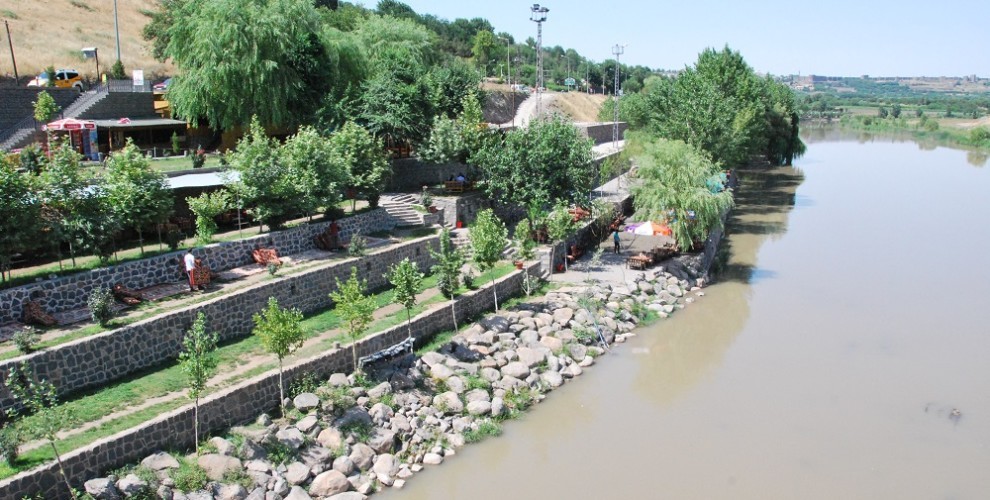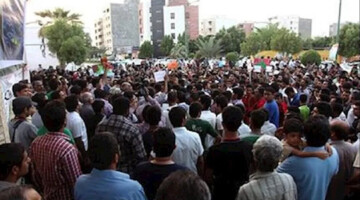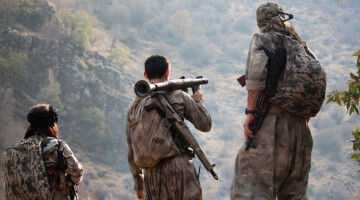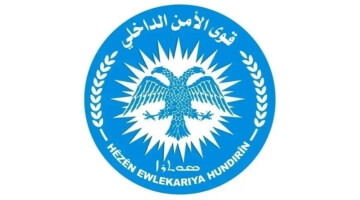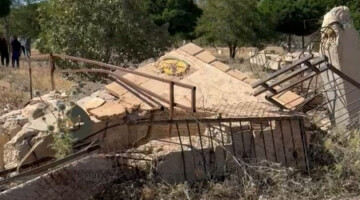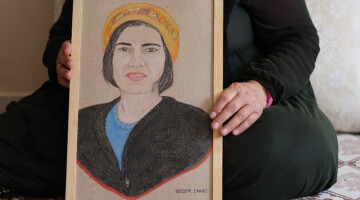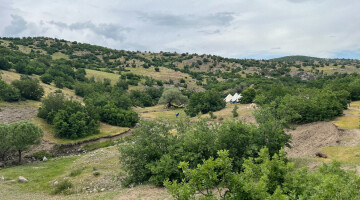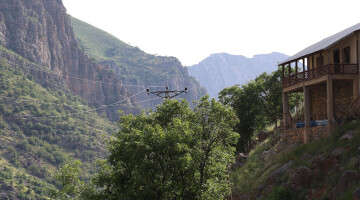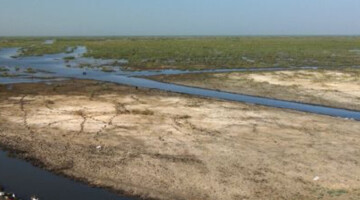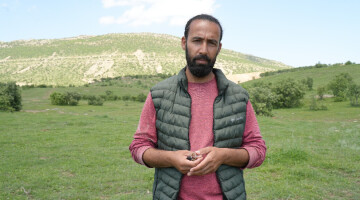In Turkey, where a multi-party system is said to be in effect, the takeover of the Democratic Party in the elections in 1950 initialized the implementation of non-written laws. One of those unwritten laws was concerning the means and conditions of reconstruction works in the Kurdish region. The means and conditions were laid down precisely. For instance, if you want to turn a controversial area into a construction site, the foundations have to be set first.
That area might include a forest, a beach, a protected (SİT) site. The actual laws or decisions by the Cabinet come afterwards.
For a region or an area with a shore to get the permit for construction works, its status needs to be changed ahead of all.
The next step involves the building of a mosque and after that some children's play grounds and sport fields, to soothe the public outrage.
Thus no one would really show their discontent against such projects, as it gets disguised so well for the average eye not to be perceived as solely economically motivated.
Following all those mentioned projects, which have been welcomed in the course of the years in general, turning such an area into a construction site would face no opposition anymore.
THE TIGRIS RIVER IS NOW CALLED THE “TIGRIS SHORE”
The Regulation for Amendment of Regulation on the Enforcement of the Coastal Law, prepared by the Ministry of Environment and Urbanisation, was published on the 2nd April 2013 in the Official Gazette and went into effect. According to project's layout a stretch of 60 kilometres of the River Tigris reaching from the district Bismil to Eğil has been retitled a 'shore'.
Official statements claim that due to the low water level the status of that 60 kilometres long stretch has been degraded from a river to a shore, and the actual sinking of the water level in the whole region is directly connected with the manual restriction of the water output from the Kralkizi Dam. As a matter of fact, what leaps to the eye is the intention to make the shore of the Tigris River available for construction works by changing the river's status.
Any stream that has been attached with the status 'river', falls per law automatically into the scope of the Coastal Law, which decides on the use of the shores.
When on the contrary a river is carved up stretching at least to 100 metres, its whole surrounding remains out of debate for any construction works.
Adding however the title "shore" to it, the entire area until the line where the water begins is up for constructional work.
FIRST THEY TITLED IT “SHORE”, THEN “RESERVATION SITE”
After the AKP changed the status of the Tigris River, which is streaming since thousands of years, from an official river to a 'shore', the first steps towards construction works at the Tigris Valley, the Hevsel Gardens and Kırklar Dağı, that are the most sensitive regions of the Tigris River, have already been launched.
The Ministry of Environment and Urbanisation gave on the 23rd August 2013 the decision to make a region of 11 million square meters of the Tigris Valley available for construction, securing a "Structured Reserve Area”.
ANCIENT HEVSEL GARDENS REMOVED FROM PRESERVATION LIST
The Amed City Land Protection Commission held a meeting on 14 November 2014, in which they, on behalf of the Ministry of Environment Urbanisation, decided to remove 7,517,732 square metres of the ancient Hevsel Garden which comprises altogether 8,629,499 square metres its status of an agricultural area which kept the Hevsel Gardens safe, and declared it to be a "recreation zone" instead.
The Municipality of Amed opened a case at the 1st Regional Administrative Court at local level against this decision, as the decision opened the green field of the city to total destruction and would cause irreversible damage to its nature. In January 2015 the court judged a halt of these construction works.
A MOSQUE AND SPORT FIELD WAS BUILT NEVERTHELESS
Despite the ruling of the court to stop the construction plans, the AKP government declared the Hevsel Gardens and the Tigris Valley "Special Projects Zone" in cooperation with the Turkish Ministry of Environment Urbanisation, relying on a statutory decree referring to a state of emergency.
They additionally changed some plans for an area of 31,84 hectares of the Tigris Valley. Following those changes the bid to take care of the landscape and tree planting at the foot of the Mount Kirklar by the Tigris Valley was sold for 27 million lira to the company Erkonut A.Ş. of the AKP-held Municipality of Erzurum. And the first things to be built here were a mosque, football and basketball fields and a bicycle road.

